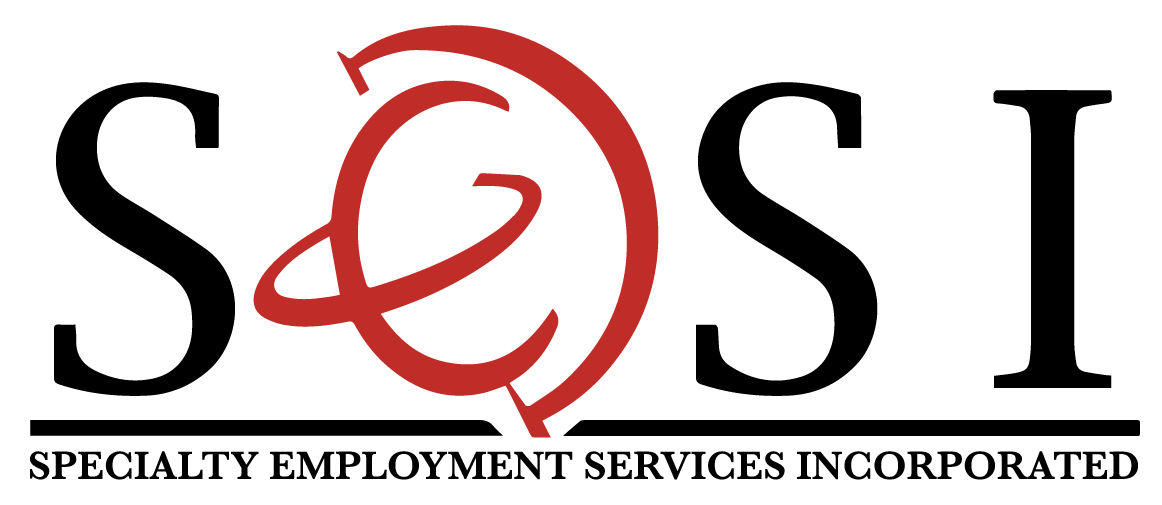Reference Checking and Why It is Important
Checking job references can be a legitimate hiring tool but is often times one that gets either overlooked or under accomplished. Take time to complete the right steps to hire the right people and you’ll eliminate the risk of choosing the wrong candidate for your culture. Reference checking done right will give you insight from those that worked closely with the candidate, making it easy for you to picture that person in your role.
Ask all candidates for employment to provide only professional references. Many candidates are hesitant to let their current boss know that they are planning to leave, so ask to talk with a previous employer or someone who’s already left their current company. References could also be a customer that the candidate regularly calls on. If the candidate is unsure about providing a list of current references, a written job offer pending a reference check can be given. This should make them feel more comfortable and allow you to call their current manager.
Ask all candidates to provide a business phone number and email for references and not just cell phone numbers. If you’re unsure about the qualifications of the reference, you can always look at their professional LinkedIn profile for more information. Get at least three to four professional references, their job title, company and contact information.
Four Steps for the Perfect Reference Check
When checking references, use these four techniques to make the conversation flow smoothly and get the most relevant information you can about the job applicant.
- Ask the right open-ended questions.
- What was it like to work with the candidate?
- What type of organization was it?
- What were the candidate’s responsibilities?
- Strengths & weaknesses?
- Describe any training the candidate might need?
- Describe a challenge that you and the candidate worked through?
- Do you feel the candidate is suitable for this new role?
- Would you hire the candidate back?
- Compare the reference and previous organization to the new role and what the candidate will actually be doing.
- Listen to what’s being said, carefully. Are the answers general and positive? Can you read between the lines if they don’t want to give negative information? Are they hesitant to give good examples? Do you feel that this was more of a personal or professional relationship?
- Evaluate the answers in relation to what the candidate stated in the interview. Example: Did the candidate say they were a “people person” and the reference say they needed help in managing people?
Summary
Checking references is a best practice tool that can lead to important information about a candidate. It’s important set the tone of the phone call to a reference, be friendly, keeping the conversation relaxed. Ask the right open ended questions and compare the answers to the new role. Use the reference check as a connection for future opportunities, so make sure to give your contact information and connect with the reference on LinkedIn. Take time to make the most of the opportunity and you’ll make better hiring decisions.
Should you need additional information in this area, please contact a SESI recruiter.
